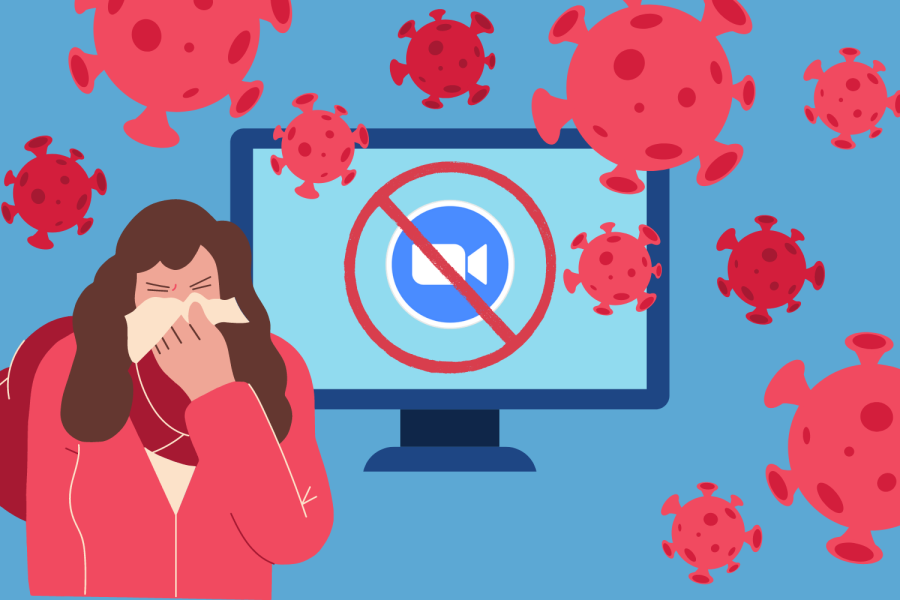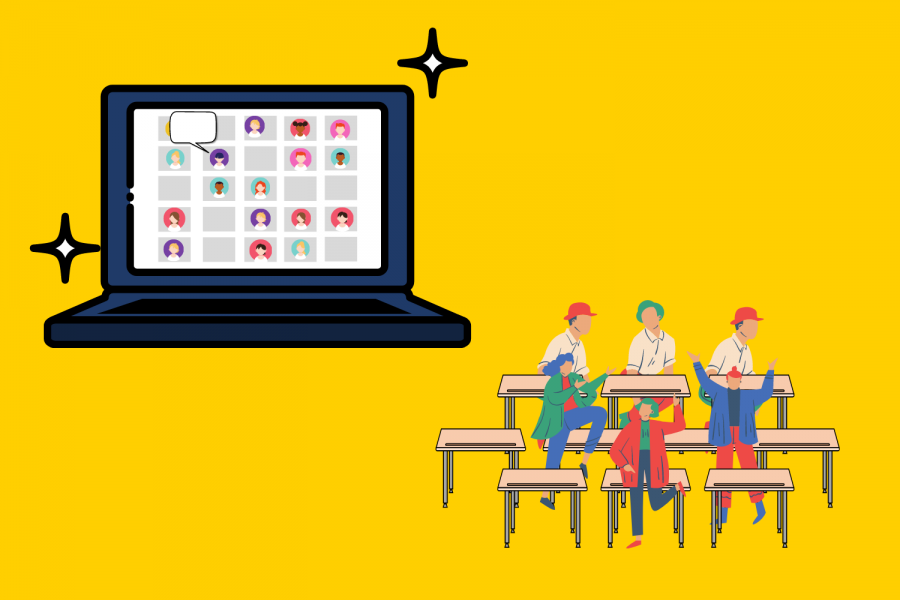Be it through GroupMe, iMessage, email or Zoom, something always gets misconstrued during the age of the digital group project. Someone is busy during the only time everyone else is free, or for some crazy reason; the Wi-Fi goes out as you are logging on and you become the dreaded “that person” of the group project.
You do not want to be that person. The one who never shows up to meetings, barely pulls their weight, gets a bad peer review from their group and still gets all the credit.
Let’s all be honest, group projects are not always the best.
To start off, most Vandy students are control freaks. We like to have everything done our way. We cringe when someone uses a different font than we would have chosen. We get annoyed when someone is late or can’t make a meeting. A lot of us dread the experience of group projects; we find them exhausting.
It is also so difficult to coordinate during a pandemic. Some students are in different time zones, and some work and others are crazy busy with long classes. We all eat at different times, and we can’t just meet after class in person like we used to be able to. It takes longer to pick a time to meet than to do the project sometimes.
Another challenge for college students is that we have other classes and work for those classes. It is so hard to coordinate between people that have tests to study for or other classes that have projects that are due sooner than the one you are working on.
I asked some sophomores who wish to remain anonymous (for their group members’ sakes), how they felt about the digital age of group projects and they reflected a lot of negative views:
“(Group projects) 一They’re horrible.”
“It’s the worst reflection on Vandy students I’ve ever seen.”
“I rated a kid a one on a scale of five because he did nothing.”
But they each recognized there were benefits to group work:
“Sometimes you connect with people really well.”
“It just makes it a lot easier to complete.”
“It’s nice to have a group so you can talk it out with people.”
There are certainly drawbacks to having to coordinate between a huge group of people rather than being free to work through the project at your own pace, but the added perspectives you can add to the project can really increase your learning.
I’m an education major, so of course, I am also thinking of the educational benefits of these projects, regardless of how frustrating they can be at times. There is so much research on project-based learning and how it helps people of all ages keep engaging with the material in challenging and new ways.
When students work together, they are using so many more skills than they would if they were working alone.
With project-based learning, students are also getting constant feedback from peers, which is pretty rare in college classes because professors don’t have the time to work one on one with every student. However, when someone is in a peer group for a project, they can bounce ideas off of someone else in a low-pressure environment and receive instant feedback.
Doing group projects also teaches more than just the content. They teach students how to work together, what to do when something isn’t working out and how to manage time when they are reliant on more than just themselves.
Most Vanderbilt students will be working in fields that require effective and constant collaboration with coworkers and peers. Jobs such as accounting, teaching, anything in the medical field, the military or a company of any sort will require highly effective group collaboration. There are high risks of failure in these fields as well and the skills we are learning and practicing now could make or break some of the projects we will be working on in the future.
On the other hand, there are some real drawbacks to group projects. They can lead to one student doing all the work and other students getting credit and not learning or interacting with the other members. They can also be too much work to coordinate and add stress for all group members. However, these problems are all the same issues that college students will face after college when they enter the workforce. Dealing with these problems now only ensures students are better equipped to handle them when there are jobs, salaries and careers on the line.
Now, I am not saying that you should jump with joy every time there is a group project thrown your way, but one of the silver linings to group projects is that they can only get better post-pandemic.
Here’s to face-to-face collaboration soon, goodbye Zoom.







